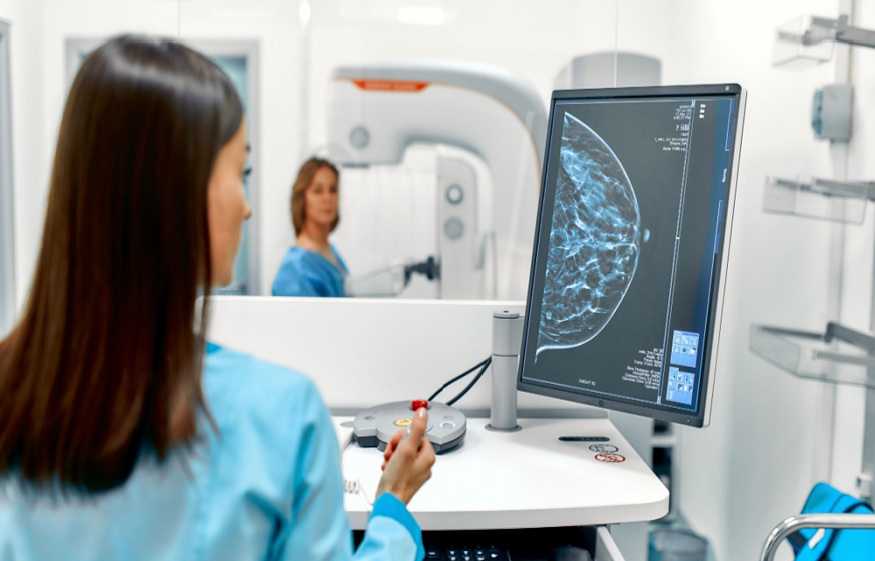The Role Of Medical Clinics In Cancer Screening And Early Detection

Cancer screening and early detection can save lives. Medical clinics play a crucial role in this process. They offer accessible services and expert guidance. With regular screenings, clinics help detect cancer at its earliest stages. This can lead to more effective treatments and better outcomes. In places like San Antonio Cirrhosis, clinics provide vital support for cancer patients. They ensure timely screenings and follow-up care. Understanding the importance of these clinics helps individuals make informed health choices.
Why Early Detection Matters
Early detection of cancer means finding it before it spreads. This is critical for successful treatment. Early-stage cancers are often less complex and easier to treat. Medical clinics make this possible by offering regular screenings. These screenings include mammograms, colonoscopies, and skin checks. Each of these tests is designed to catch cancer early. When detected early, treatment options are more varied and have higher success rates.
Services Offered by Medical Clinics
Medical clinics provide a range of screening services. These services are crucial for early cancer detection. Some of the key screenings offered include:
- Mammograms: Essential for detecting breast cancer.
- Colonoscopies: Used to find colon cancer and pre-cancerous polyps.
- Skin checks: Important for identifying skin cancers like melanoma.
These screenings are usually quick and straightforward. Clinics ensure that the process is as comfortable as possible. By making these services accessible, clinics encourage more people to get screened regularly.
The Impact of Regular Screenings: A Closer Look
Regular screenings can have a significant impact on cancer outcomes. The table below highlights some statistics on early detection and its benefits:
| Type of Cancer | 5-Year Survival Rate (Early Detection) | 5-Year Survival Rate (Late Detection) |
| Breast Cancer | 99% | 27% |
| Colon Cancer | 90% | 14% |
| Skin Cancer (Melanoma) | 99% | 25% |
These numbers show the stark difference that early detection can make. With early detection, survival rates are significantly higher.
Access and Availability
Medical clinics are often more accessible than hospitals. They are usually located in community settings. This makes it easier for people to visit for routine screenings. Clinics also tend to have shorter wait times. This means that patients can get screened sooner, which is vital for early detection. Some clinics also offer mobile screening units. These units visit hard-to-reach areas, ensuring that everyone has access to cancer screening services.
Educational Resources and Support
In addition to screenings, clinics provide education and support. They offer resources to help individuals understand the risks and benefits of screening. Educational materials can help demystify the process. Clinics also provide counseling and support for those who receive a cancer diagnosis. This support is crucial for navigating treatment options and making informed decisions about care.
For further information on cancer screening guidelines, the National Cancer Institute offers comprehensive resources. These can guide individuals on when and how often to get screened.
Conclusion
Medical clinics play an essential role in cancer screening and early detection. By offering accessible services and expert guidance, they help save lives. Through routine screenings, clinics detect cancer at its earliest stages. This leads to more effective treatment and better outcomes. Understanding the significance of medical clinics can empower individuals to take charge of their health. Regular screenings, education, and support are key components of early cancer detection. By utilizing the services offered by medical clinics, individuals can improve their chances of successful treatment and a healthy future.
